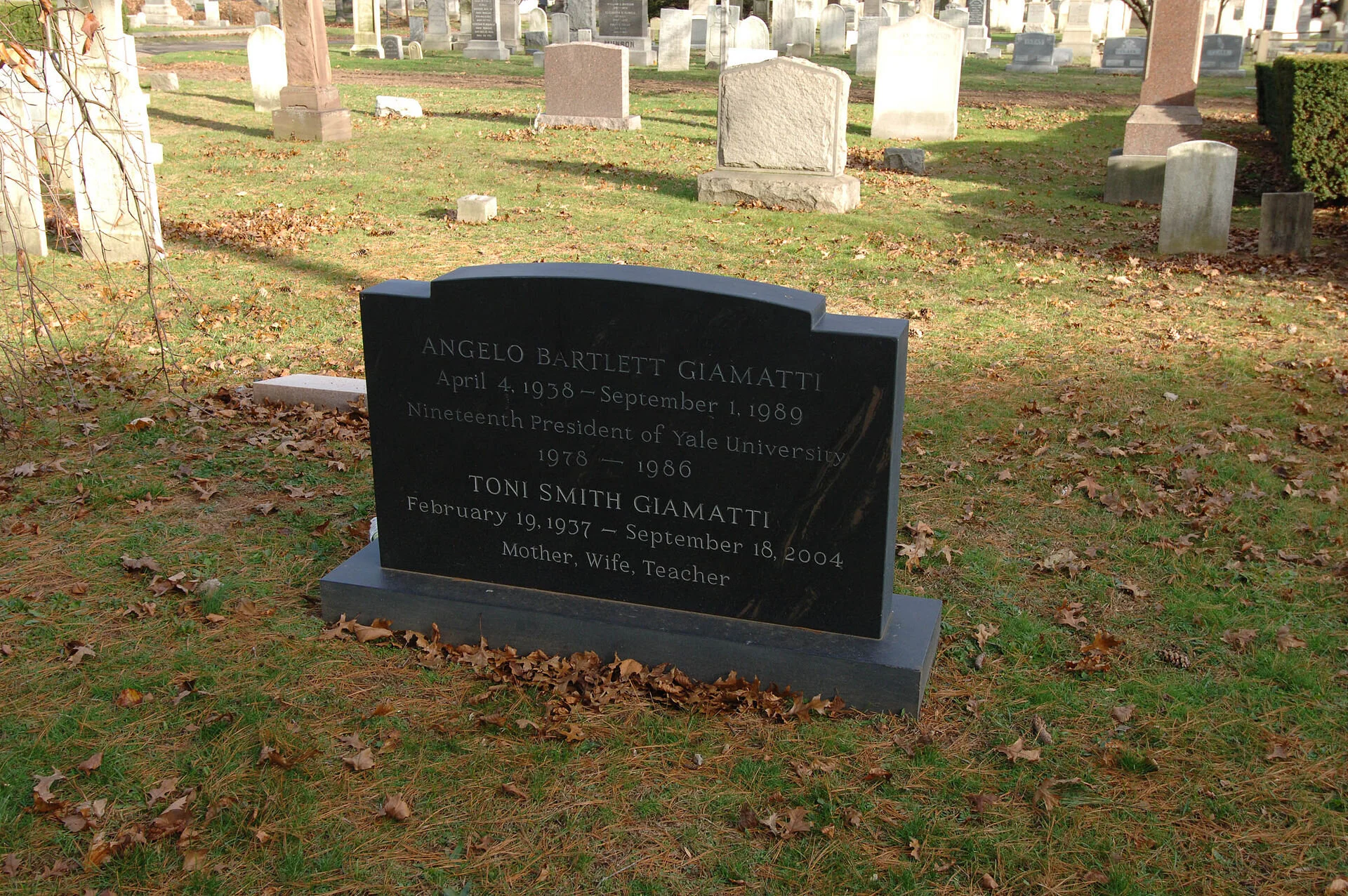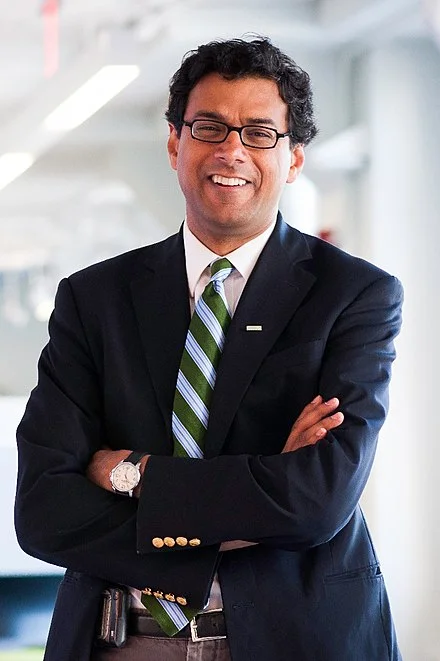
Leadership as moral act
Gravestone for “Bart’’ Giamatti and his wife in New Haven
“Management is the capacity to handle multiple problems, neutralize various constituencies, motivate personnel….Leadership, on the other hand, is an essential moral act, not — as in most management — an essentially protective act. It is the assertion of a vision, not simply the exercise of a style.’’
— A. Bartlett Giamatti (1938-1989) in “An Address to School Administrators’’ . Born in Boston and a Renaissance literature scholar, he served as president of Yale University in 1978-86, as National {baseball} League president in 1986-89, and for only five months as baseball commissioner in 1989, before suffering a fatal heart attack at his summer home, in Edgartown, Mass., on Martha’s Vineyard. He was a lifelong Red Sox fan.
The 'cat prefers the rain to me'
TIME Magazine cover from March 2, 1925 featuring Amy Lowell.
The vine leaves against the brick walls of my house,
Are rusty and broken.
Dead leaves gather under the pine-trees,
The brittle boughs of lilac-bushes
Sweep against the stars.
And I sit under a lamp
Trying to write down the emptiness of my heart.
Even the cat will not stay with me,
But prefers the rain
Under the meagre shelter of a cellar window.
— “November,’’ by Amy Lowell (1874-1925), very eccentric, cigar-smoking Boston-based Imagist poet
To read how she helped save The Boston Athenaeum, please hit this link. (The article contains the error that she died in 1920.)
The formidable Boston Athenaeum
Executive challenge
Atul Gawande, M.D.
From Robert Whitcomb's "Digital Diary,'' in GoLocal24.com
Atul Gawande, M.D., is a fine surgeon, writer, charming public speaker and teacher who became famous writing about the extreme inequities of health-care provision and cost in America. His main statistical tools were developed by the Dartmouth (College) Institute for Health Policy and Clinical Practice.
Now he has been tapped to be CEO of a still somewhat mysterious health-care venture formed by the far-too-big Amazon, giant conglomerate Berkshire Hathaway and JPMorgan, the behemoth bank. The companies haven’t yet presented a specific plan for the new nonprofit enterprise, which hasn’t even been named yet. But the main mission is to cut health-care costs for employers.
The good economic news for New England is that this outfit, which I suppose could become very big itself, will be based in Boston.
"I have devoted my public health career to building scalable solutions for better healthcare delivery that are saving lives, reducing suffering, and eliminating wasteful spending both in the U.S. and across the world. Now I have the backing of these remarkable organizations to pursue this mission with even greater impact for more than a million people {who work for the three companies}, and in doing so incubate better models of care for all. This work will take time but must be done. The system is broken, and better is possible," Gawande said.
The system is indeed broken, but can this rock star run a very large organization?
For Greenfield storeowners, Amazon much tougher foe than Walmart
Greenfield in 1917, around its commercial heyday.
From Robert Whitcomb's "Digital Diary,'' in GoLocal24.com
'The Atlantic had a good article (“A Small Town Kept Walmart Out. Now It Faces Amazon,’’ March 2) about Greenfield, a town in western Massachusetts.
Greenfield has managed to keep big-box retailers out of town in order to preserve locally owned stores. But now local store owners and consumers who want to keep them are fighting a bigger enemy – Amazon. The behemoth online retailer offers a convenience that’s very difficult to compete against. Alana Semuels writes:
“Greenfield and other towns across New England are learning that while they might have been able to keep out big-box stores through zoning changes and old-fashioned advocacy, there’s not much they can do about consumers’ shift to e-commerce. They can’t physically keep out e-commerce stores—which don’t have a physical presence in towns that residents could push back against—and they certainly can’t restrict residents’ Internet access. ‘It’s one thing for me to try and fight over land use in the town I live in, or in somebody else's town,’ {local leading} big-box foe {Al} Norman told me, ‘But e-shopping creates a real problem for activists, because on some level, shopping online is a choice people make, and it’s hard to intrude yourself in that.”’
Beyond the demise of local business that keep much of their revenues in their area, there’s a hollowing out of local civil society as people have fewer opportunities to meet in local stores; there are fewer of them as more and more folks order more and more products from home or office. As the Internet society heads toward its fourth decade, we’ll need to find different ways to encourage locals to meet and to participate in their community other than, say, joining AA.
To read The Atlantic’s article, please hit this link:




